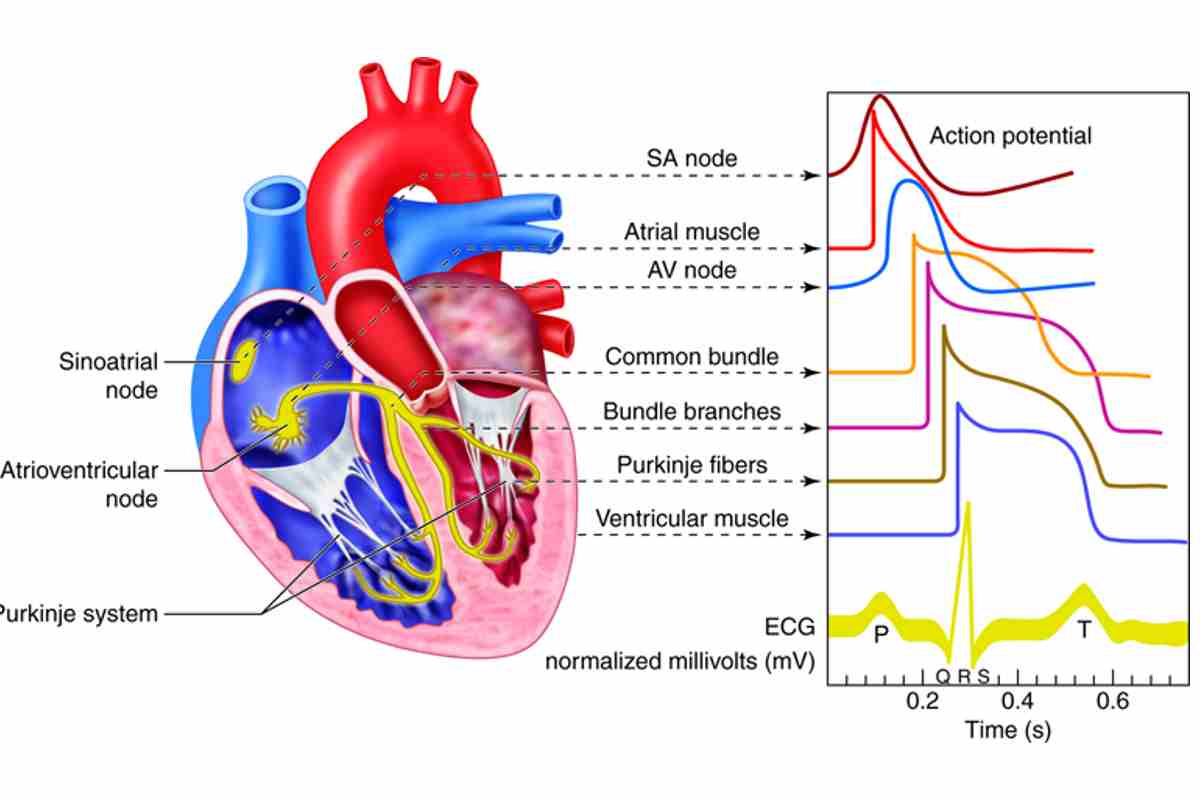Heart Attacks: The Most Important Prevention Strategy

Heart Attacks Prevention: Heart attacks remain the leading killer of both men and women. However, the statistics should not prevent individuals from leading healthier lifestyles and doing what they can to prevent a heart attack.
How To Prevent A Heart Attack?
Perhaps the single most important prevention strategy is to prevent, manage or eliminate conditions that substantially increase the risk of a heart attack. High cholesterol, hypertension (High Blood Pressure), and diabetes are chronic conditions that often cause damage before they are detected. Individuals that have not developed any of these chronic conditions should make a special effort to eat a healthy, well-balanced diet and engage in regular exercise.
This decreases the likelihood that a chronic condition will develop. Furthermore, even healthy individuals should have their cholesterol, blood pressure and blood glucose checked on a regular basis to ensure they are at safe levels.
High Cholesterol, Hypertension, and Diabetes
A diagnosis of a chronic condition is not a death sentence. Many individuals learn how to effectively manage their condition, or completely reverse it. There are many medications available to manage all three conditions. Unfortunately, some individuals use their medications to rationalize inactivity and poor dietary choices. Prescription medications are meant to stop or slow down the damaging effects of these conditions, and to prevent a medical crisis like a heart attack.
Individuals who are taking medications should make a conscious effort to live the healthiest lifestyle possible. In some cases, a healthy lifestyle can reduce or eliminate the need for medications. But, for some, medication may continue to be a life-long necessity.
Healthy Diet – An Important Factor In Preventing A Heart Attack
Another important factor in preventing a heart attack is not simply eating a healthy diet, but a heart-healthy diet. Diets that are high in salt, cholesterol, saturated fats, and trans fats are strongly associated with a higher risk of heart attacks. Foods that are high in omega-3 fatty acids have been shown to decrease the risk of a heart attack because they help to regulate cholesterol levels and decrease the chance of blood clots. Omega-3 is commonly found in certain fish such as salmon and sardines. There are supplements available that have fish oil or krill, for those individuals that do not eat fish.
Do not use tobacco or smoke. Stopping smoking or using smokeless tobacco is one of the healthiest things you can do for your heart.
Doctors encourage some patients to take aspirin if they have suffered a heart attack, or are at high risk for blood clots. This option may be especially helpful to people that do not need prescription-strength anticoagulants but can benefit from a reduction in blood clotting. A simple, 81mg/day aspirin is recommended in these situations.
There are many ways to help prevent a heart attack. The most important method is to lead a healthy lifestyle and incorporate heart-healthy foods into that lifestyle. Furthermore, effectively managing chronic conditions can greatly reduce the risk of a heart attack.
Read Also: How Do You Know If It’s A Heart Attack?